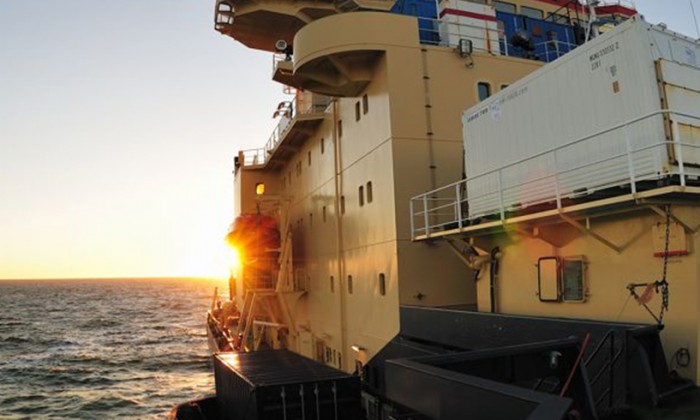
Expedition: Oden Southern Ocean 2008/09
26 November 2008 - 6 January 2009 Southern Ocean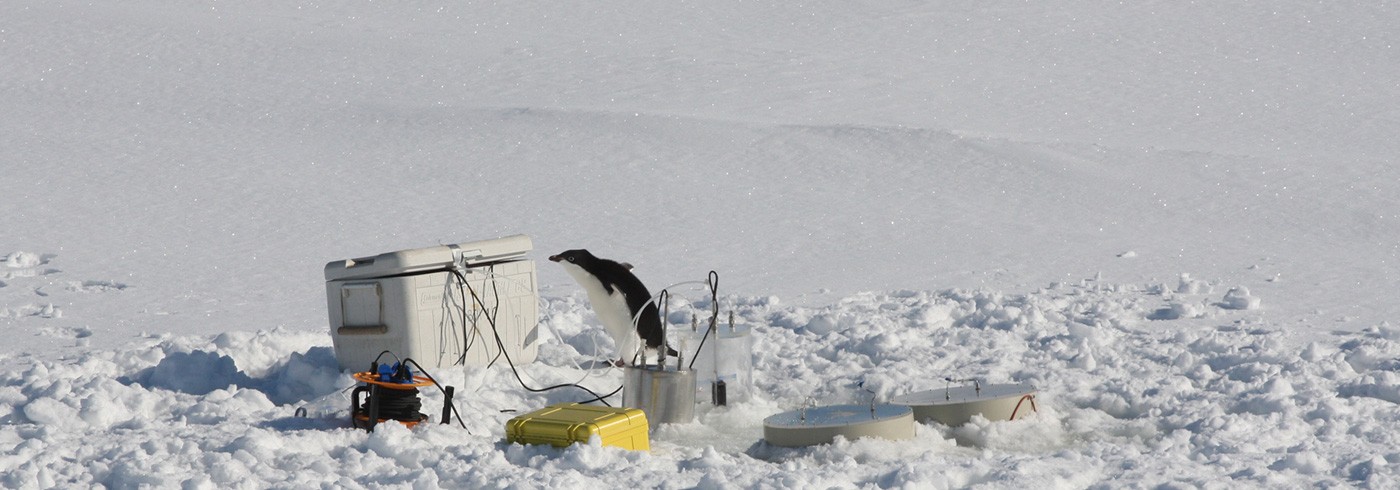

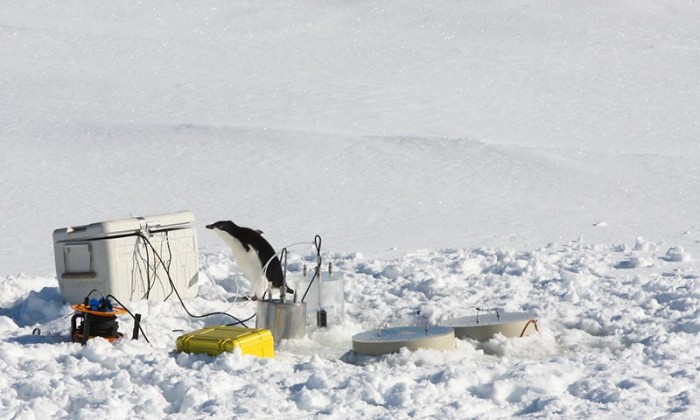
Inorganic carbon transformation
The aim of this project was to quantitatively investigate the mechanisms driving the oceanic carbon dioxide system and the CO2 air–sea flux in areas differentiated by water column stratification, ice cover/extent and freshwater input in the Pacific sector of the Southern Ocean.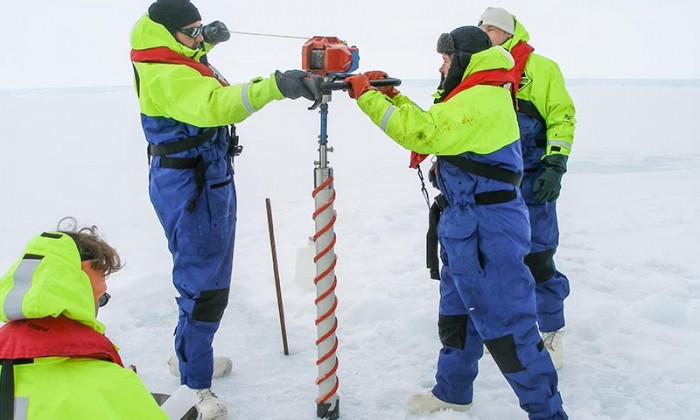
Processes driving the CO2 flux in seawater–ice–air and brine
The project aimed to provide an understanding of how different sea ice conditions affect the CO2 system and the vertical transport of carbon due to gas fluxes and brine release from sea ice.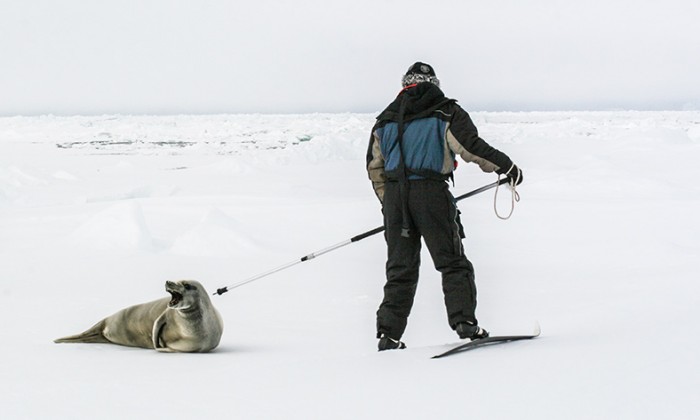
Epidemic diseases in Antarctic and Arctic seals
The Antarctic seal project investigates the role of infectious diseases in the population dynamics of Antarctic seals, and the mechanisms involved in the evolution of disease resistance.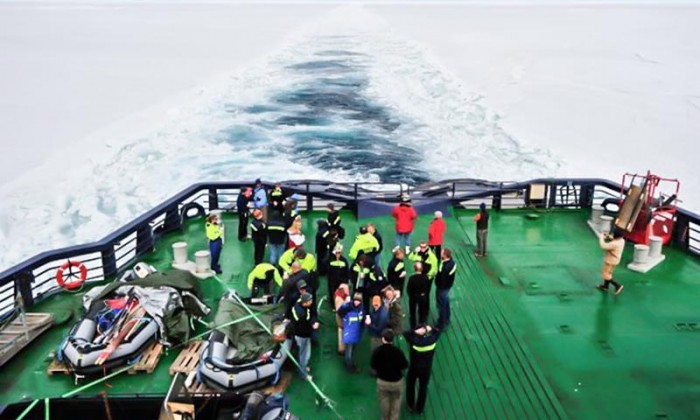
Black carbon (soot) and persistent organic pollutants
The Antarctic Peninsula is one of the most rapidly warming regions on Earth. The western peninsula, Bellingshausen and Amundsen Seas have recently experienced declines in sea ice extent and duration, and glacier fronts are retreating.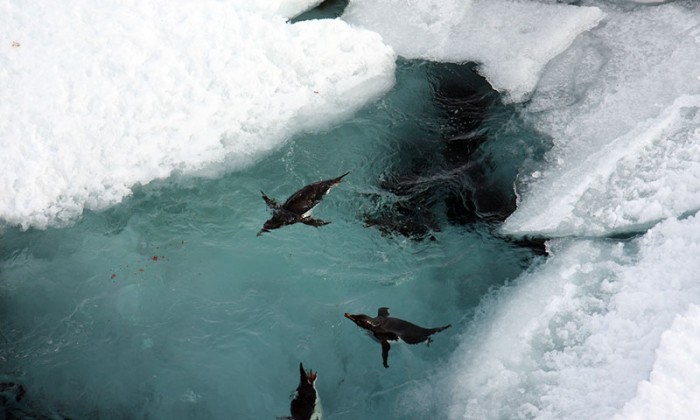
Non-Redfieldian P cycling in the Southern Ocean
We sampled and isolated dissolved and particulate materials from 0–1 000 m water column profiles along a meridional transect in sea ice covered waters of the Southern Ocean.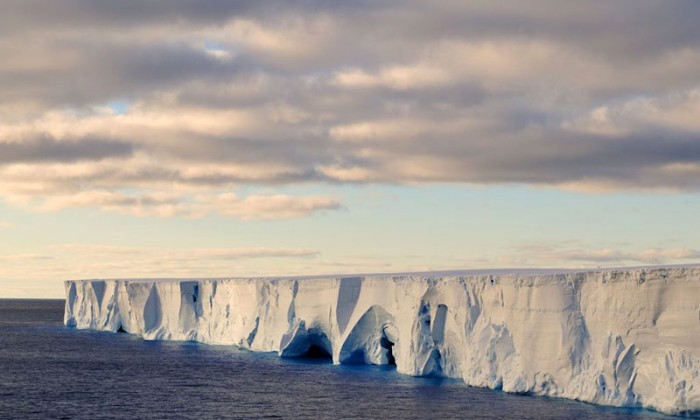
Biophysical variability in the Southern Ocean
The overarching objective of this project was to investigate physical and biogeochemical variability in the Amundsen and Ross Seas, two regions which show contrasting responses to climate change and are perhaps the least sampled in the Southern Ocean.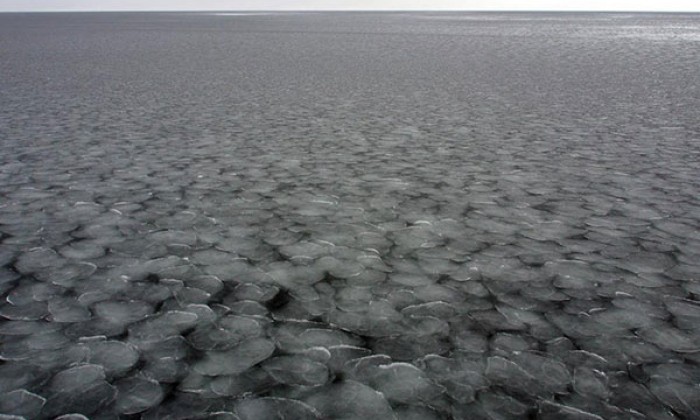
Controls on climate active gases by Amundsen Sea ice biota
Since controls on the production and destruction of climate-active gases are very likely coupled to the extent and type of microorganisms living at or near this critical interface, changes in both the extent and type of sea ice will greatly affect the balance between the marine environment and the biosphere.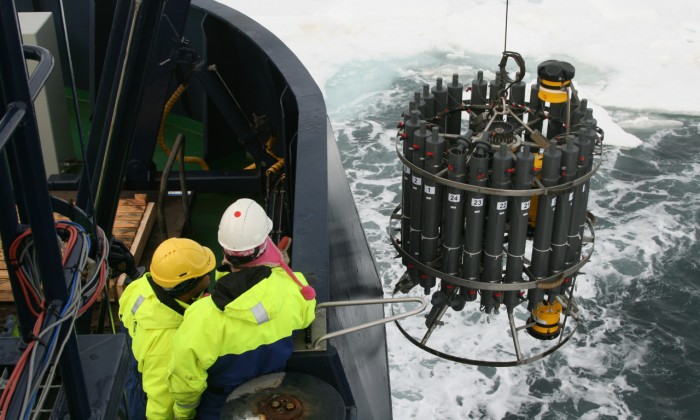
Circulation of warm oceanic water and glacier melt water
The aim of the project was to study the circulation of warm salty Circumpolar Deep Water (CDW) and the spreading of glacier melt water in the Amundsen Sea area.
